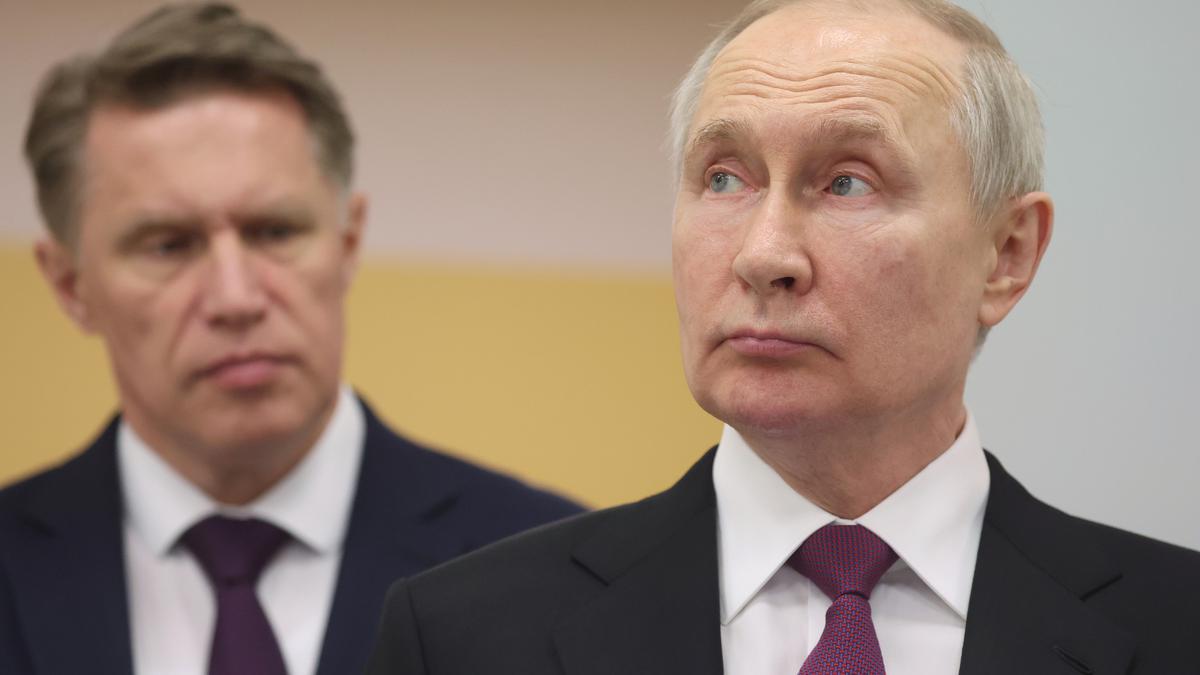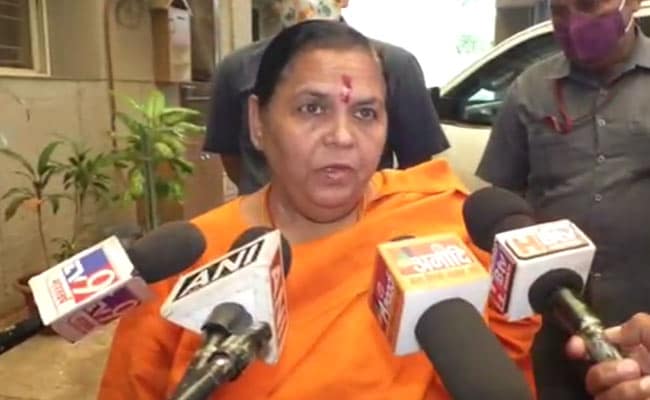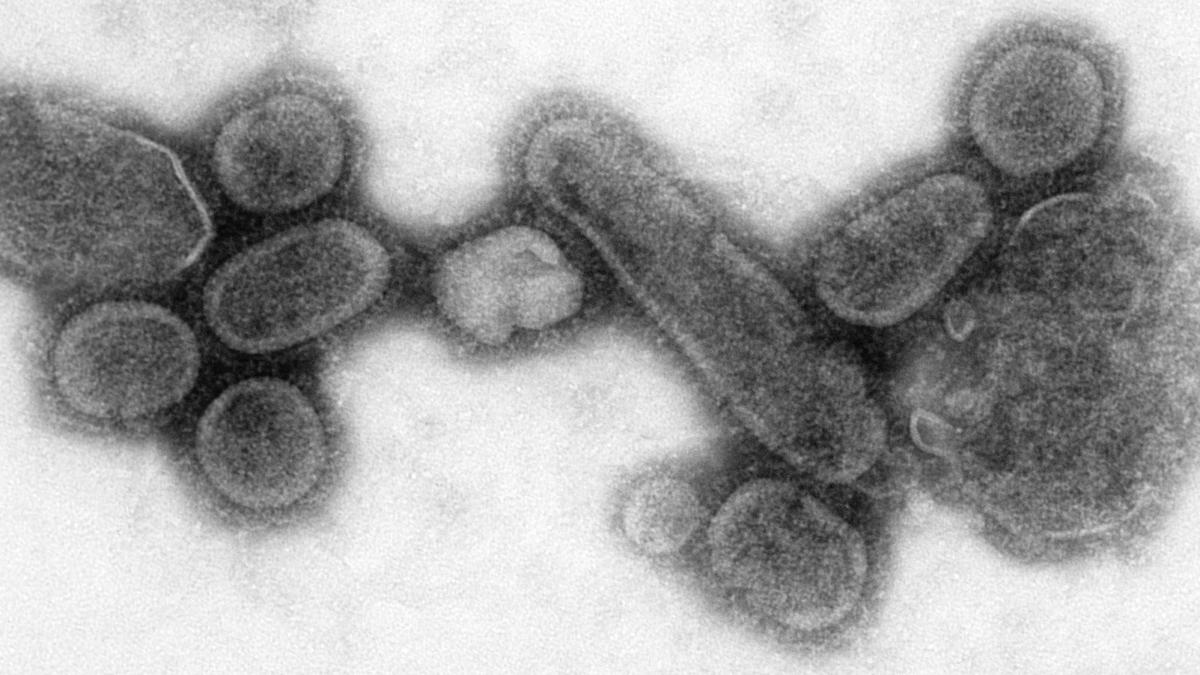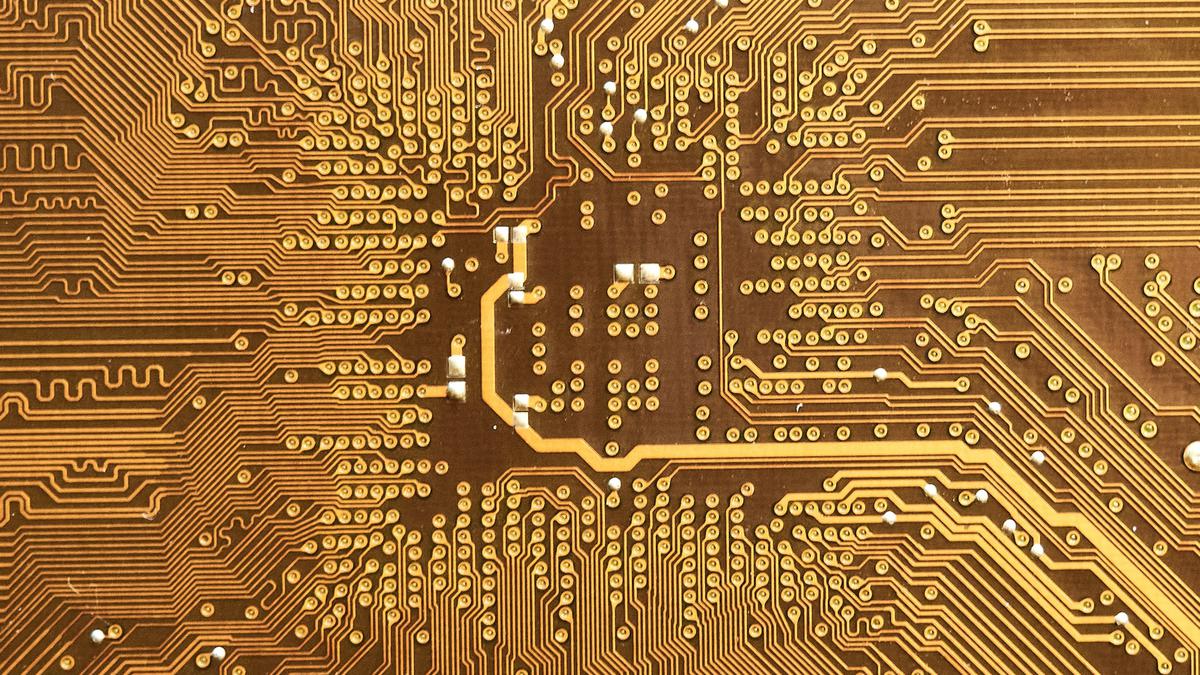In this photo released by Xinhua News Agency, an image captured off a screen at the Jiuquan Satellite Launch Center in northwest China shows the Shenzhou-15 and Shenzhou-14 crew taking a group picture with their thumbs up after a historic gathering in space on Wednesday, Nov. 30, 2022.
| Photo Credit: AP
China plans to expand its space station to six modules from three in coming years, offering astronauts from other nations an alternative platform for near-Earth missions as the NASA-led International Space Station (ISS) nears the end of its lifespan.
The operational lifetime of the Chinese space station will be more than 15 years, the China Academy of Space Technology (CAST), a unit of China’s main space contractor, said at the 74th International Astronautical Congress in Baku, Azerbaijan, on Wednesday.
That would be more than the 10 years previously announced.
China’s self-built space station, also known as Tiangong, or Celestial Palace in Chinese, has been fully operational since late 2022, hosting a maximum of three astronauts at an orbital altitude of up to 450 km (280 miles).
Also Read | China successfully launches new manned spaceship with first civilian on board
At 180 metric tons after its expansion to six modules, Tiangong is still just 40% of the mass of the ISS, which can hold a crew of seven astronauts. But the ISS, in orbit for more than two decades, is expected to be decommissioned after 2030, about the same time China has said it expects to become “a major space power”.
Chinese state media said last year as Tiangong became fully operational that China would be no “slouch” as the ISS headed toward retirement, adding that “several countries” had asked to send their astronauts to the Chinese station.
But in a blow to China’s aspirations for space diplomacy, the European Space Agency (ESA) said this year it did not have the budgetary or “political” green light to participate in Tiangong, shelving a years-long plan for a visit by European astronauts.
“Giving up cooperation with China in the manned space domain is clearly short-sighted, which reveals that the U.S.-led camp confrontation has led to a new space race,” the Global Times, a nationalist Chinese tabloid, wrote at the time.
Tiangong has become an emblem of China’s growing clout and confidence in its space endeavours, and a challenger to the United States in the domain after being isolated from the ISS. It is banned by U.S. law from any collaboration, direct or indirect, with NASA.
Russia, a participant in the ISS, has similar space diplomacy plans, suggesting that Moscow’s partners in the BRICS group – Brazil, India, China and South Africa – could construct a module for its space station.
Roscosmos, the Russian space agency, said last year it was planning to build a space station comprising six modules that could accommodate up to four cosmonauts.








